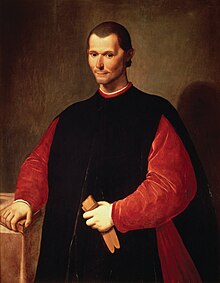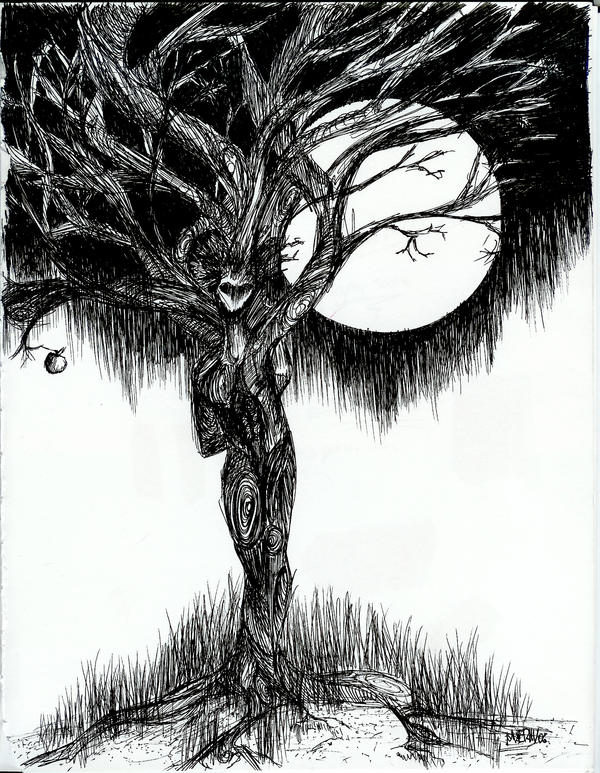 |
| Portrait of Niccolò Machiavelli by Santi di Tito |
Niccolò Machiavelli (1489-1527) was an influential politician
and writer from Florence at the peak of the Italian Renaissance. His
work The Prince is so notoriously self-serving and
unscrupulous, that it spawned the whole concept of Machiavellian ethics. Not
surprisingly, he didn't exactly have the reputation of a pious saint.
I recently read an account of "Machiavelli's dream"
which reminded me of a similar passage written by Moroni. Failing in health, Niccolò's doctors could do nothing
more for him and encouraged him to make peace with God. Shortly before his
death, while surrounded by his friends, he recounted the details of a dream he had.
Maurizio Virol's biography of Machiavelli (Niccolò's Smile)
describes his dream thus:
In his dream, he had seen a band of poorly dressed men, ragged and
miserable in appearance. He asked them who they were. They replied, "We
are the saintly and the blessed; we are on our way to Heaven." Then he saw
a crowd of solemnly attired men, noble and grave in appearance, speaking
seriously of important political matters. In their midst he recognized the
great philosophers and historians of antiquity who had written fundamental
works on politics and the state, such as Plato, Plutarch, and Tacitus. Again,
he asked them who they were and where they were going. "We are the damned
of Hell" was their answer. After telling his friends of his dream,
Machiavelli remarked that he would be far happier in Hell, where he could
discuss politics with the great men of the ancient world, than in Heaven, where
he would languish in boredom among the blessed and the saintly.
Machiavelli was also credited with this brutally honest admission:
I desire to go to Hell, not to Heaven. In Hell I shall enjoy the
company of popes, kings and princes, but in Heaven are only beggars, monks,
hermits and apostles.
It would seem that
Moroni foretold such sentiments 1100 years earlier. And, like
Behold, I say unto you that ye would be more miserable to dwell
with a holy and just God, under a consciousness of your filthiness before him,
than ye would to dwell with the damned souls in hell. (Mormon 9:4)
Intuitively, one thinks
they would obviously be happy in heaven and miserable in hell. Were we asked to
let our wishes be known, everyone but
the most Machiavellian among us would desire heaven. Yet, sometimes
people's actions speak louder than their wishful thinking. It's somewhat sobering
to ask yourself where you'd be happier. If you were the fly on your life's wall
. . . what would the evidence say?
I think that on judgment
day there will be no surprises. We'll pretty much judge ourselves. Either we'll
be thrilled to be in the presence of the Lord (D&C 121:45), or we’ll be
dying to get to hell.













